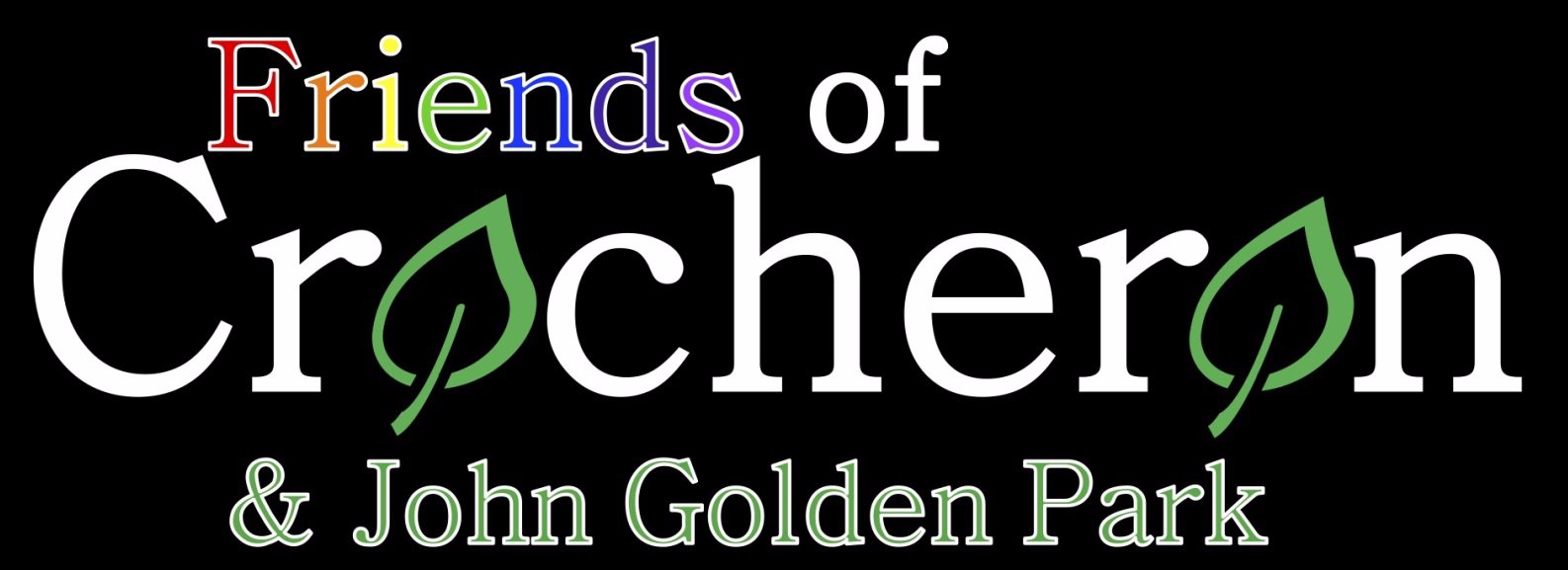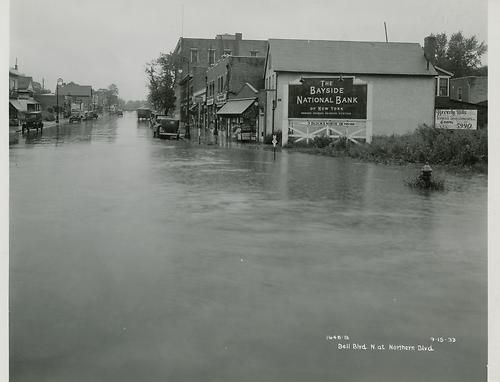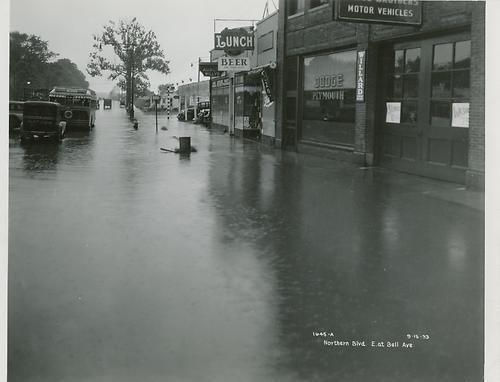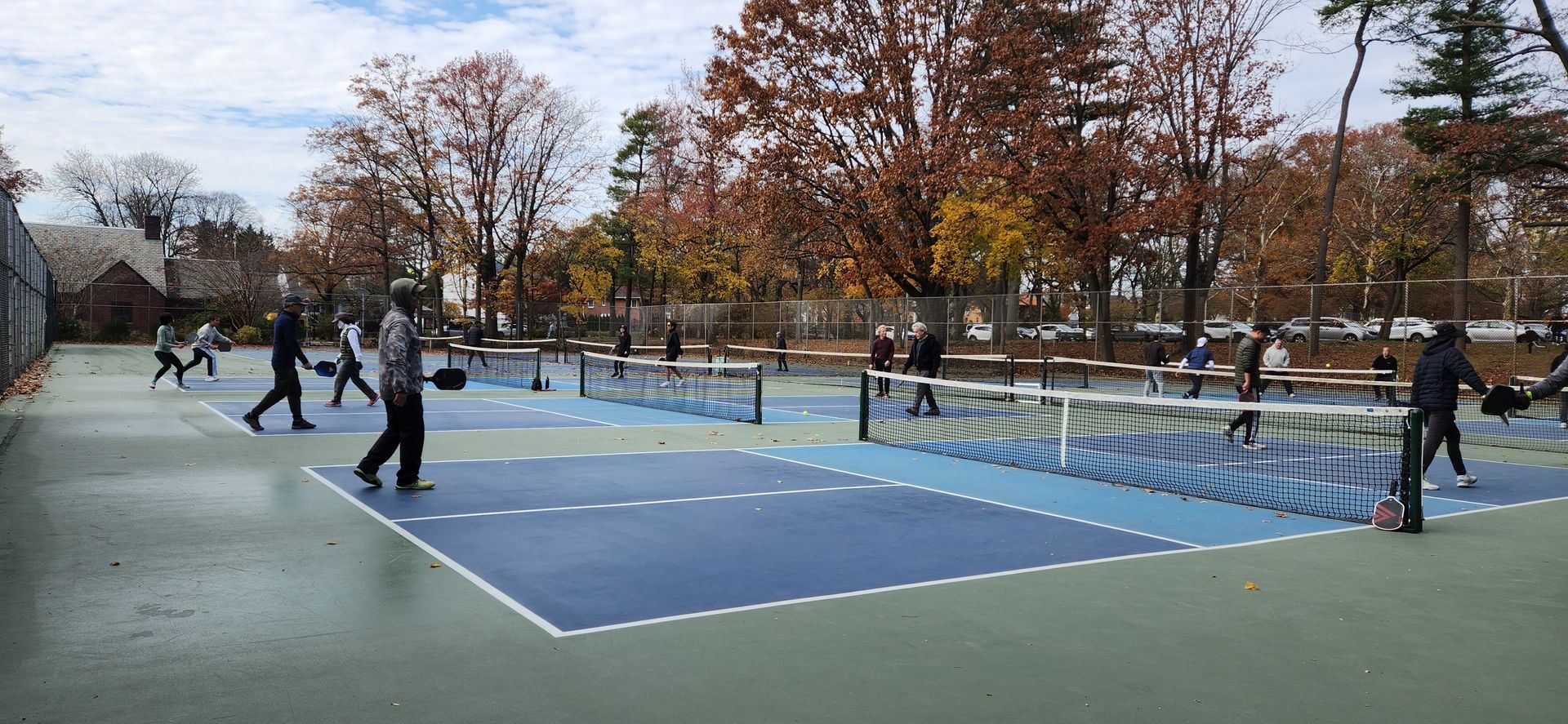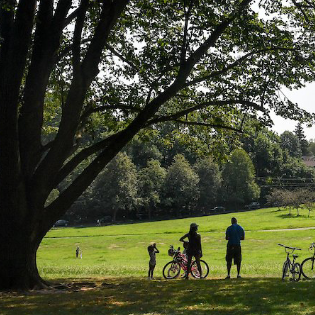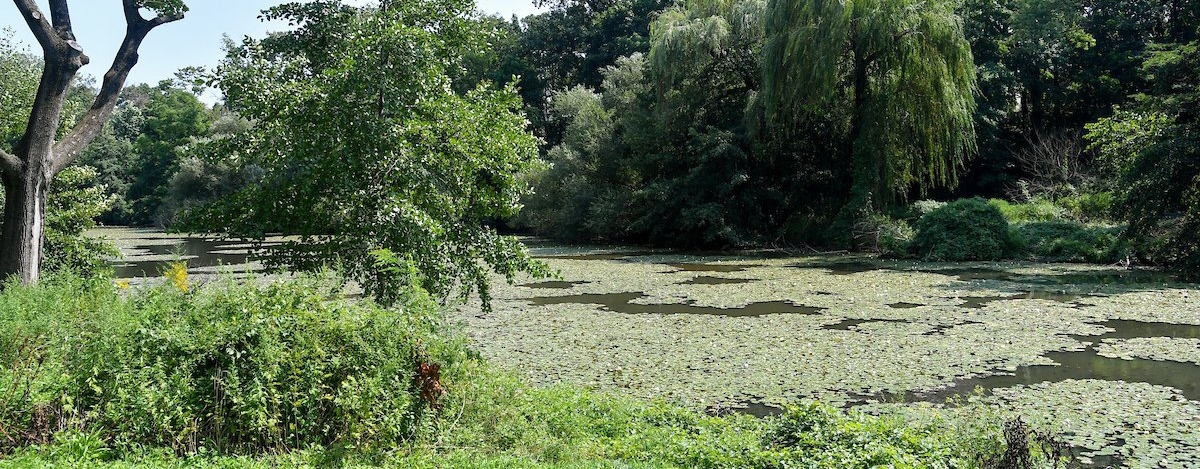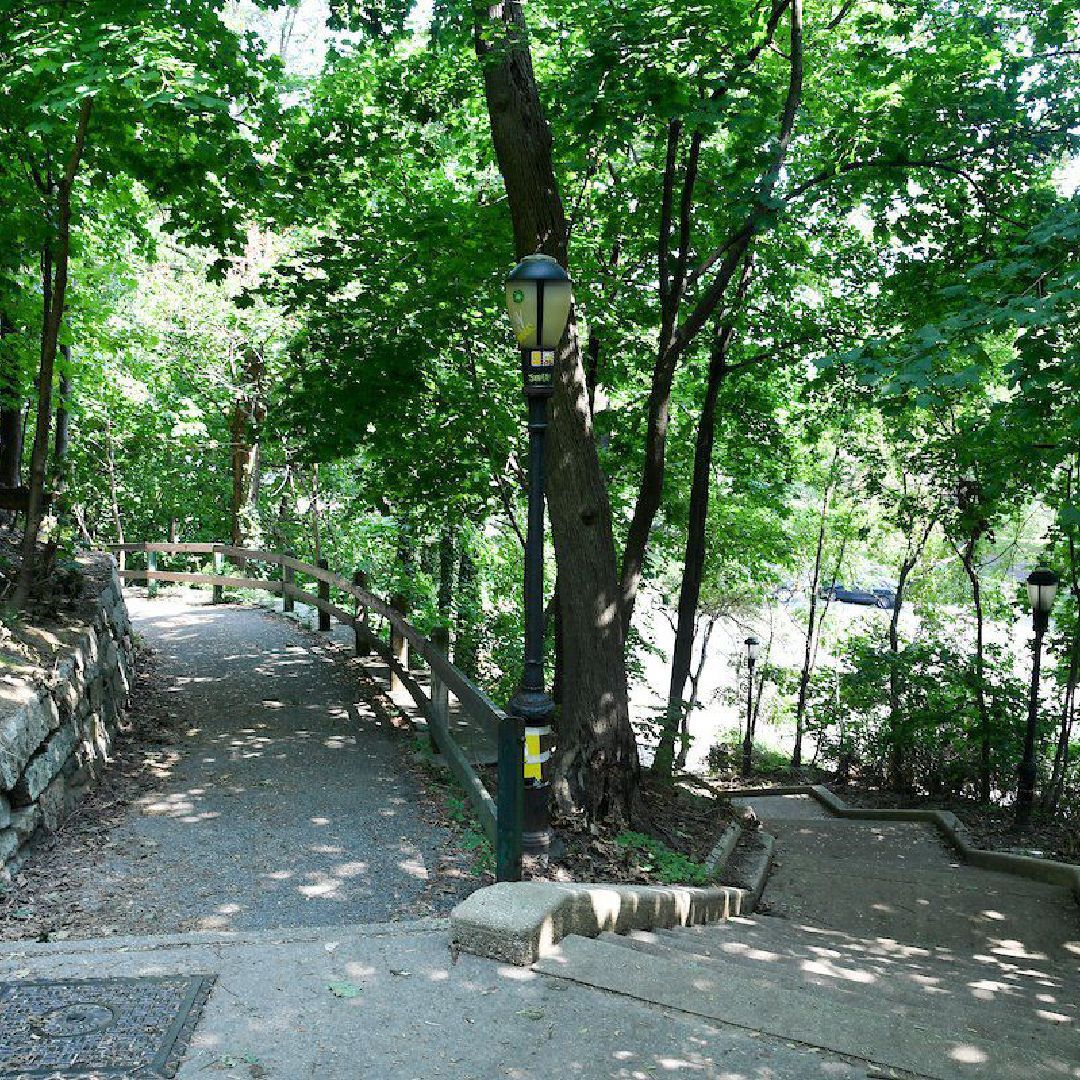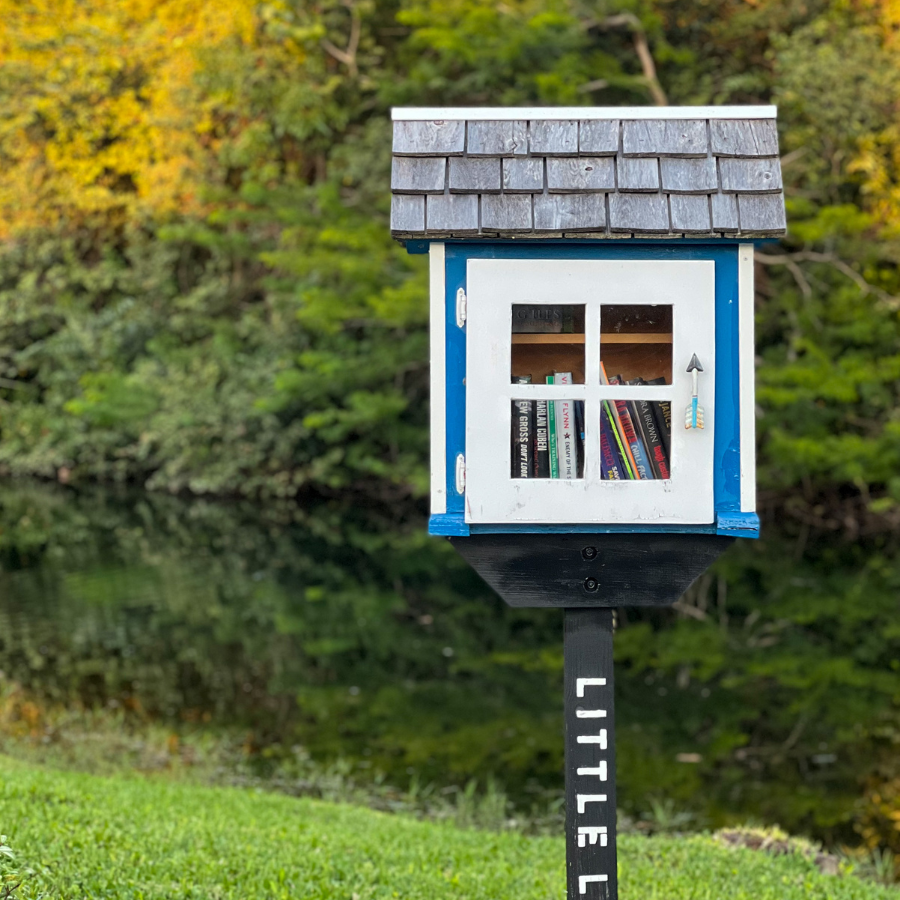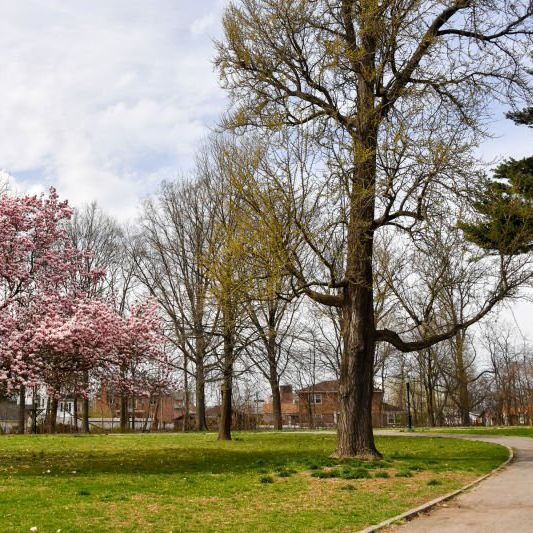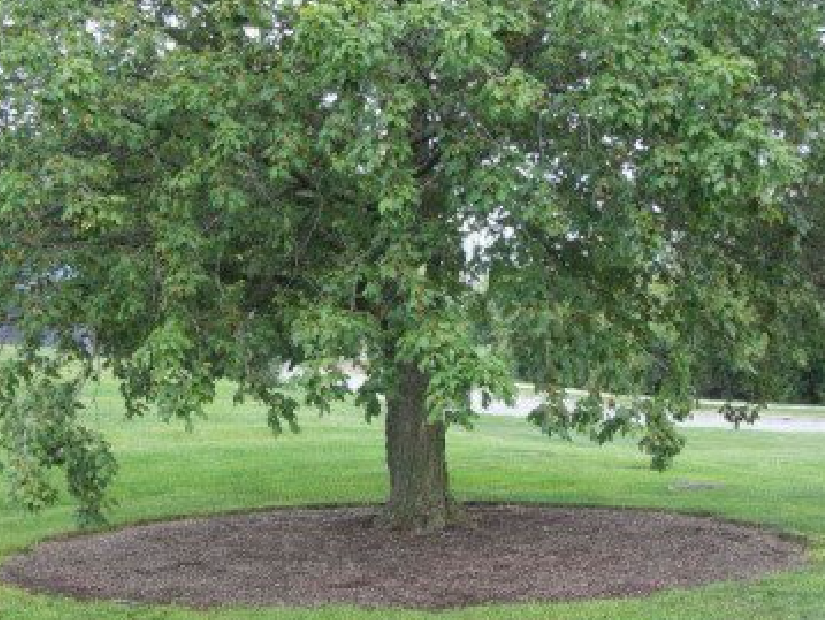Protecting Parkland: Learning About Climate and Flooding Events
Learning to Advocate for Improvements
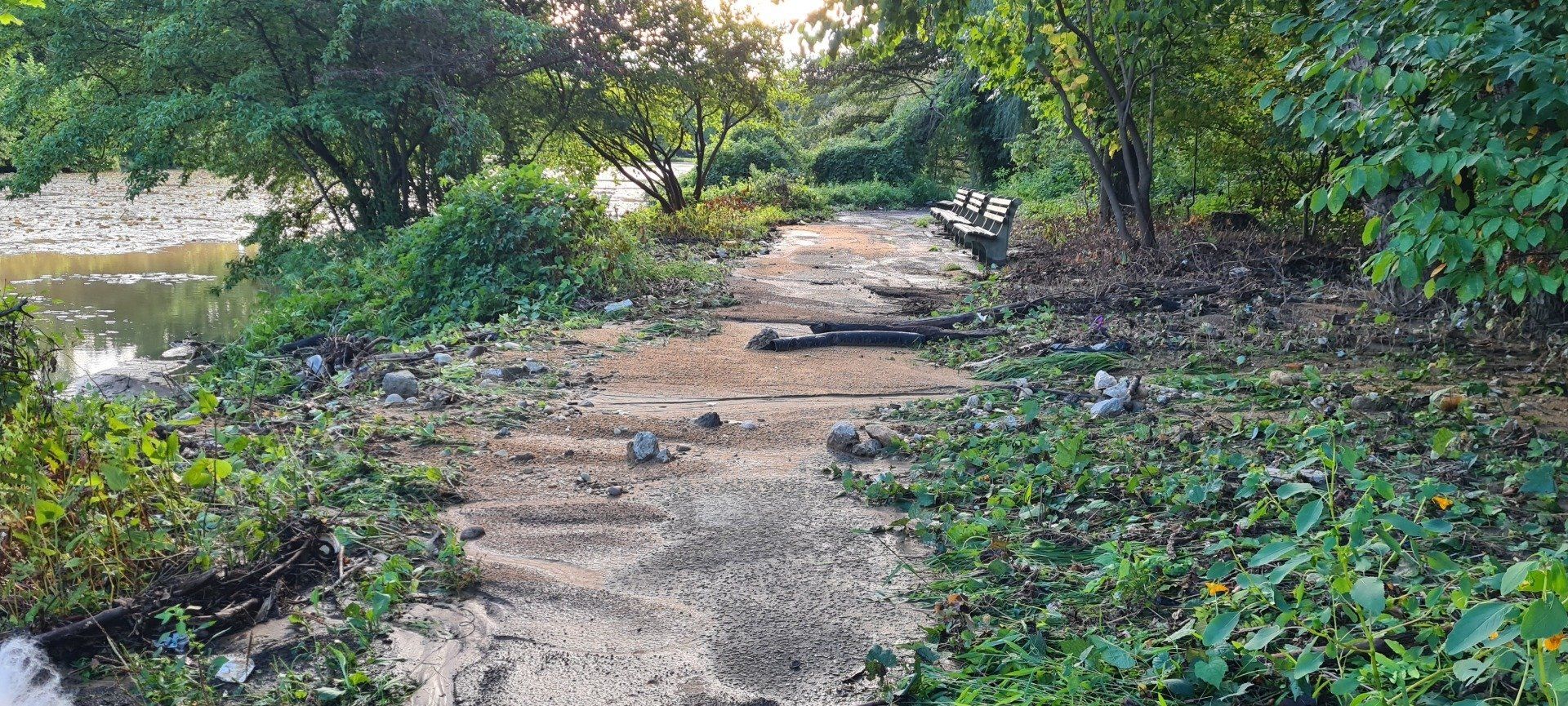
Recent Flooding Events
Bayside is a community that has grown up along the water, drawing a diverse population that enjoys being part of Long Island's coastal communities. Recently, the New York City area has seen an increase in heavy precipitation events, in large part thanks to warming oceans and the city's heat island effect. On July 15, 2025, heavy rains left 2 dead in New Jersey (NY Times, 2025), about two weeks later, August 1, Bayside was inundated with 5 inches of rain and flooding along major intersections and roadways (ABC News, 2025) . This blog looks to explore the history of flooding in Bayside , including the 1933 flood photographed below, and in honor of Banned Books Week - we will use the Internet Archive to learn from the banned climate.gov website.
Source- TikTok, @stevebarren @lisad426 @bossli1312 @lcando503 @whatisnewyork
Historic 1933 Flooding in NYC
Remnants of Hurricane hit the Bayside area hard. A year later, the New York Times wrote about the extreme rains, stating: "The September rainfall of 10.09 inches was nearly three times the September normal and the greatest for the month since 1882, when 16.85 inches fell." (NY Times 1934).
Courtesy of Queens Public Library. Borough President of Queens. September 15, 1933. Flooding on Northern Boulevard. Gelatin silver print
These flooding events had a large impact on the city but the rarity of the flooding caused it the need to be forgotten. These images are eerily familiar to the above videos from the same intersection 90 years later.
NYC's Subtropical Climate Shift
In 2020, the National Weather Service determined, using the Köppen climate classification as a guide, discussed the need to reclassify New York City as a humid subtropical climate zone. The Köppen climate classification system divides the climate into five categories: Tropical, Dry, Temperate, Continental, and Polar. This system is based on temperature and precipitation patterns and is widely used to understand weather.
New York City, after years of being considered a humid continental climate, now sits within the humid subtropical climate zone. The classification requires that summers average above 72 degrees Fahrenheit - which New York’s have had since 1927- and for winter months to stay above 27 degrees Fahrenheit on average. The city has met that requirement for the last five years, despite the occasional cold snap. And the winters are only getting warmer (NYTimes 2020). The homepage of the National Oceanic and Atmospheric Administration (NOAA) in March 2020 highlighted "Earth just had its 2nd-hottest February on record."
The Urban Heat Island Effect causes the city to be a few degrees warmer than surrounding areas. This is especially evident during the winter, when it is warmer due to buildings, roadways, and human activity.
The following video was produced by geologists and provides a helpful overview.
Video by Geodiode - The unique man-made climate of New York City
NYC Government Review Impacts of this Change
In 2020, the New York City Council held a session titled Climate Change Impacts on New York City’s Stormwater Management, featuring Angela DeLillo, Deputy Commissioner of Wastewater Treatment. It focused on how the city’s infrastructure must adapt to increasingly unpredictable and extreme weather patterns. The full video and transcript are available here.
During the session, DeLillo noted, “In 2020, the National Oceanic and Atmospheric Administration reclassified New York City from a coastal temperate zone to a humid subtropical climate zone - a recognition that we now live in a different world than we were in a few decades ago.” This reclassification underscores the reality of our climate and the urgent need for updated municipal planning and environmental policies.
Government agencies such as the NYC Department of Environmental Protection (DEP), the Mayor’s Office of Climate & Environmental Justice, and the City Council have since intensified efforts to build resilience into city systems - but it is clearly not enough and not being done quickly enough. Things like upgrades to stormwater infrastructure, expanded green roof and permeable surface initiatives, and the integration of climate projections into zoning and building codes are being done. Resource management and infrastructure must change to address this shift from a temperate to a humid subtropical classification. Climate change is now directly shaping local governance, urban design, and resource management.
Climate.Gov - a 'Banned Book'
As it is banned book week, exploring a banned climate website helps us to understand about the science surrounding our NYC climate. While the climate.gov transfers you to noaa.gov/climate - the Internet Archive is a tool which allows you to go back in time to learn about climate. I have termed the Internet Archive, and its Way Back Machine, as 'Freedom of Information Act request without the paperwork." It is kind of like CCTV, as it is recorded and a source of proof to show actual events which occurred.
Very Heavy Precipitation is the term used to describe the unusual super heavy rain events we have been having in New York City. As neighbors are building french drains to solve their problem, the city is clearing out catch basins so water has a place to go. At Crocheron Park, Golden Pond and the surrounding wetland has been inundated with flooding due to overwhelmed catch basins.
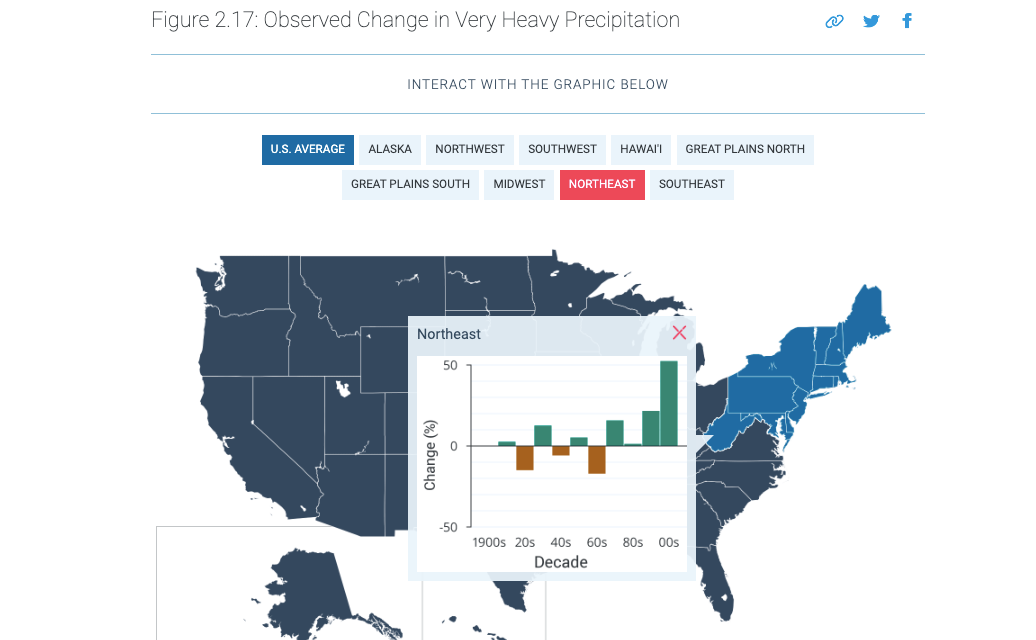
National Climate Assessment, Heavy Downpours. "Percent changes in the annual amount of precipitation falling in very heavy events, defined as the heaviest 1% of all daily events from 1901 to 2012 for each region. The far right bar is for 2001-2012. In recent decades there have been increases nationally, with the largest increases in the Northeast, Great Plains, Midwest, and Southeast. Changes are compared to the 1901-1960 average . (Figure source: NOAA NCDC / CICS-NC)." https://web.archive.org/web/20240331233626/https://nca2014.globalchange.gov/report/our-changing-climate/heavy-downpours-increasing
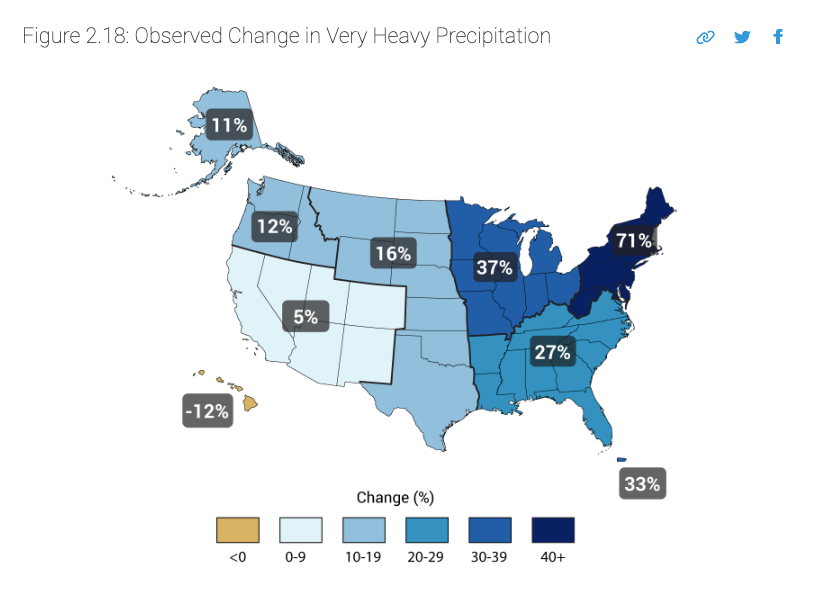
National Climate Assessment, Heavy Downpours. "The map shows percent increases in the amount of precipitation falling in very heavy events (defined as the heaviest 1% of all daily events) from 1958 to 2012 for each region of the continental United States." https://web.archive.org/web/20240331233626/https://nca2014.globalchange.gov/report/our-changing-climate/heavy-downpours-increasing
More Persistent Rain and Flooding - What to Do
As New Yorkers, it is our responsibility to understand what we can do to mitigate flooding. This is not only to protect ourselves and our property but to protect our city's infrastructure and environment. One way to do this is to work with Friends of Crocheron or another local environmental group to advocate for the City to address these issues.
Below is an aerial view of the pond with emphasis added by Emi McKinney, a local Girl Scout and Citizen Scientist who studied the pond over the summer of 2025 and presented research to the community. See the research here and New York Post article here.
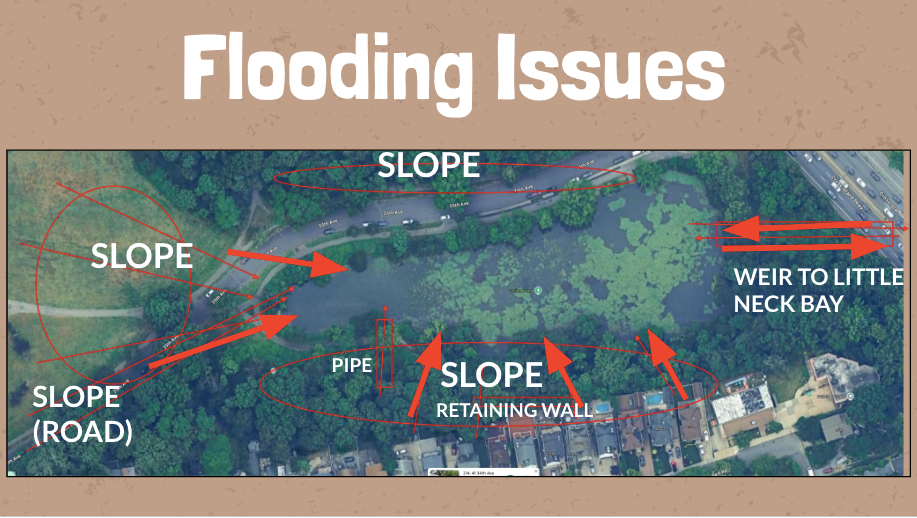
According to Emi, the environmental monitoring data that she collected shows water quality of the pond has significantly deteriorated in recent years. More than half of the pond has lost between 48% and 93% of its original depth, with areas that once measured 4 to 7 feet deep now reduced to only 6 inches to 2 feet! In addition to reducing depth and potential for plant life, this severe shallowing has contributed to recurring harmful algae blooms which further degrading water quality. The pond is one of a few fresh water pond in Queens, and the lack of depth reduces its effectiveness in managing stormwater, which helps protect Cross Island Parkway. During flash floods and heavy rainfall, ongoing mudslides continue to deposit sediment (and the debris left from construction of private retaining walls) into the pond, accelerating its infill and worsening overall conditions.
How can we fix this? First the city needs to address infrastructure improvements to the local catch basins, which are not prepared to protect against climate change. Friends of Crocheron & John Golden Park is blessed to have retired professional among our committed volunteers (Dana, Mike Feller, Margo, and John to name a few). They have met with Parks multiple times to tour the area to see the effect of erosion from heavy rains. Through this dialogue, the team has proposed solutions, like to check if existing DEC piping is still working, creating terracing along the south side of the park and check dams to stop the flow of debris into the pond.
Jessica Burke – Founding President, Friends of Crocheron & John Golden Park
A Bayside resident since 1989, Jessica Burke attended PS 41, where she developed an early interest in environmental sciences. She was especially influenced by Mrs. Cilmi, whose demonstration - carefully slicing an apple to illustrate the fragility and scarcity of Earth’s resources - left a lasting impression. She also took Weather and the Environment as a Freshman at New Paltz, so it essentially a metrologist.
In the summer of 2020, Jessica founded Friends of Crocheron & John Golden Park to help clean up and restore this local treasure. She also created a historical archive to connect the community through their shared cultural heritage.
Since then, Jessica has used the organization as a platform to advocate for increased city funding for parks while opposing the allocation of public funds to private organizations that manage parklands without the same transparency required of NYC Parks. She has provided testimony before the City Council in support of these efforts. Jessica holds an M.A. from John Jay College of Criminal Justice and is the author of When the Well Runs Dry: Ethics and the Privatization of Water, a work that deepened her commitment to preserving public resources, including her local park.
